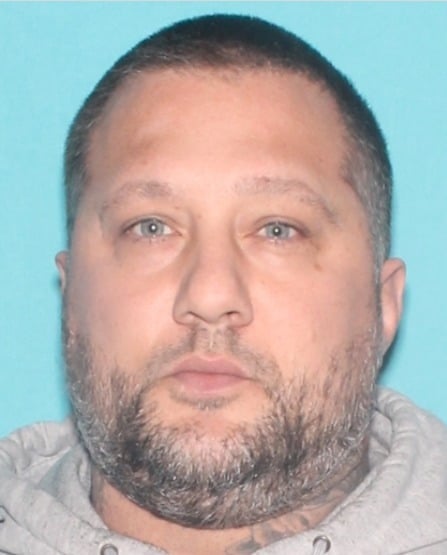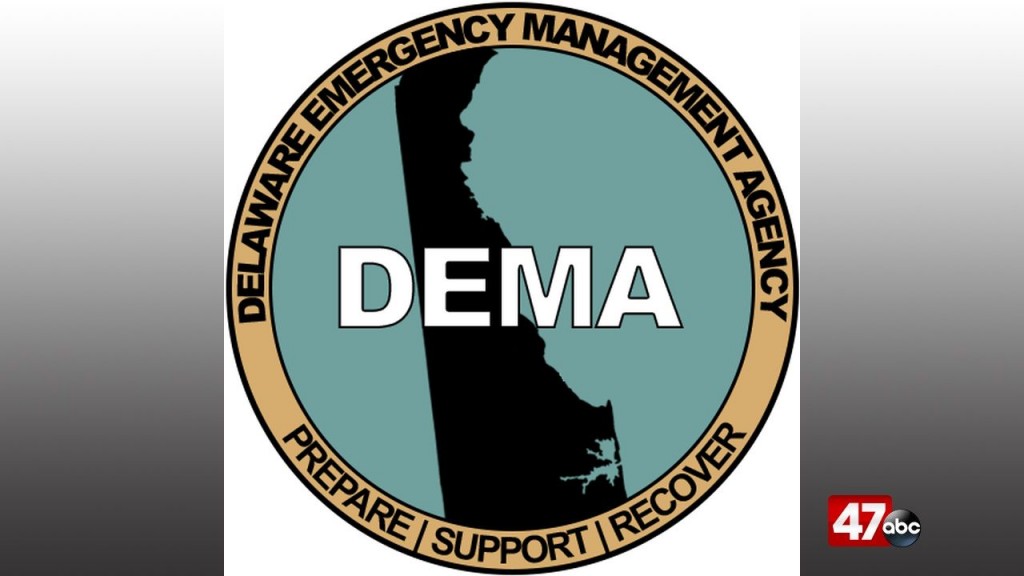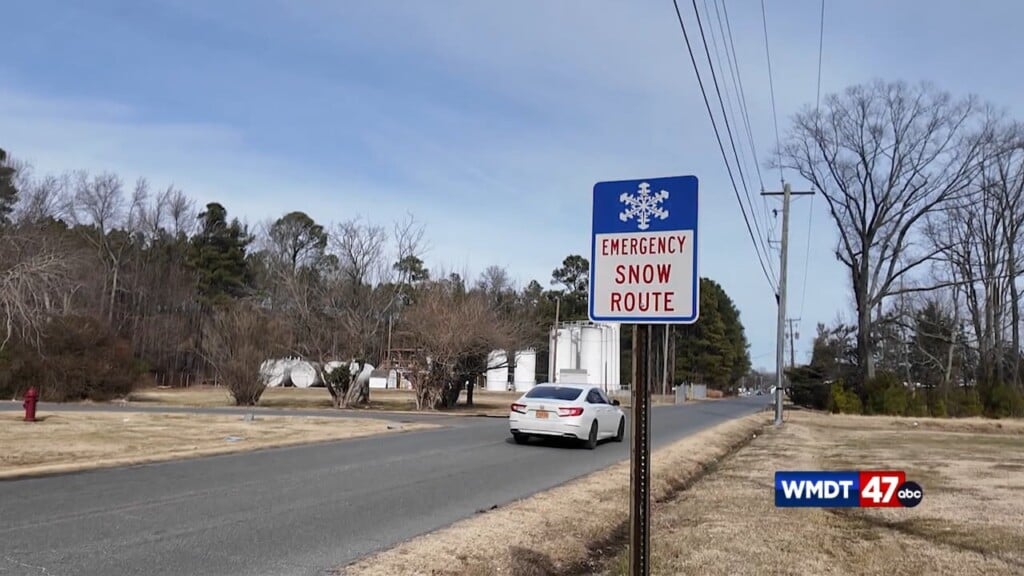Wicomico Clean battles trash trouble on county roadways, open spaces
WICOMICO COUNTY, Md. – Since January, Wicomico Clean has been elbow deep in trashed streets.
Digging Up Debris
Mark Engberg and Bruce Robson are former coworkers, and longtime friends. They’re just two of the individuals who have helped to clear away thousands of pounds of litter from Wicomico County’s roadsides and open spaces.
“January 1st was my first full day of retirement, and I spent it picking up trash,” Robson said with a laugh.
The first spot they hit was the Centre at Salisbury. Engberg says the back of his truck filled up with bags of rubbish in short order. After working their way through other high-visibility areas, Wicomico Clean started to dig deeper into more rural areas. That’s where they say some of the more shocking debris can be found.
“You could literally clear a thousand pounds of debris in a day on some of those rural roads, where people dump furniture and tires and household waste,” said Engberg. “It just can be insurmountable.”
Careless Behavior, Reckless Regard
Robson says when he comes face to face with the litter, his first thought is how the trash is impacting nature.
“The environmental part of it really has stuck out to me,” said Robson. “All of that plastic just degenerating and falling apart ends up in the waterways.”
The duo says that part of the problem comes from a lack of education, and means to properly toss trash.
“There is a lot of poverty in the county, and we need education, too,” Engberg said. “But, people don’t take the initiative to go get a permit for the landfill. It’s only $5 a month.”
Other times, it’s a matter of people being careless, and behaving recklessly. Robson and Engberg say that the litter they see the most includes alcohol containers, cigarette butts, and fast food packaging.
“People are drinking and driving, and they don’t want their beverage cans in their vehicle, so they throw them out the window,” Engberg said with disappointment. “If we can keep it front and center in everybody’s face that it’s just not right, eventually maybe they’ll feel ostracized, or have a feeling of guilt.”
Trash Trouble
While law enforcement could step up in that area, say Engberg and Robson, it’s not always possible to catch litterers in the act.
“We’ve got to have enforcement, which is not easy, because you have to see people throwing it out the window,” Robson said.
And, helping hands can’t do all of the litter removal. Volunteers burn out, life gets busy, and not everyone can stand the long hours and hard work.
“Now, we’re at a stage where we need to systemize this,” Robson said. “We need some structure from government entities to help us do that.”
Wicomico County Council member Jeff Merritt agrees. “The problem is large enough where we probably need a full-time person on the county staff to do this,” he said.
Until then, Merritt says the County is limited on resources, and is facing short-staffing issues in the public works department.
“There are 700 miles of roads. Not all 700 miles are completely trashed up, but there are a couple dozen hot spots that we get repetitive requests to go back out and clean,” Merritt said. “Using inmates out of the detention center and [Eastern Correctional Institution], that’s no longer an option because of COVID.”
Making a Difference
The sheer will shown by volunteers has been admirable, thus far, says Merritt.
Merritt thanks Engberg, Robson, Craig Faunce (another community member who has poured countless hours into clean-up efforts), and Wicomico County Recycling Coordinator Jennifer Albero.
Just how fast those targeted areas can be filled with litter after they’re cleaned up, though, can be extremely disconcerting.
“I think we’re making a difference, but I have to say, it does get frustrating sometimes when you drive down a road that you cleaned up a week ago, and somebody’s dumped a bag of trash over there,” Merritt said. “You just shake your head.”
Instilling Stewardship, Altering Attitudes
At the issue’s core, the change starts with teaching new attitudes, say Engberg, Merritt, and Robson.
Engberg and Robson say they’ve seen first-hand how impactful clean-ups can be on children who take part. They shared that many parents have told the group that their children have a much keener eye for spotting litter after helping out.
Merritt, meanwhile, says that county leaders are working with the local schools to implement those lessons into their curriculum.
“We want to try and get an anti-littering and [pro] recycling campaign going in the schools,” Merritt said. “The thought process behind that is to instill in the kids, at a young age, the benefits of properly disposing of your litter, and [the importance of] recycling.”
The future generations are with whom our environment stands its best chance, says Engberg.
“It’s not going to be easy,” Engberg said. “It’s going to take dedication. So, it’s definitely a marathon, and we need a multi-pronged approach.”


